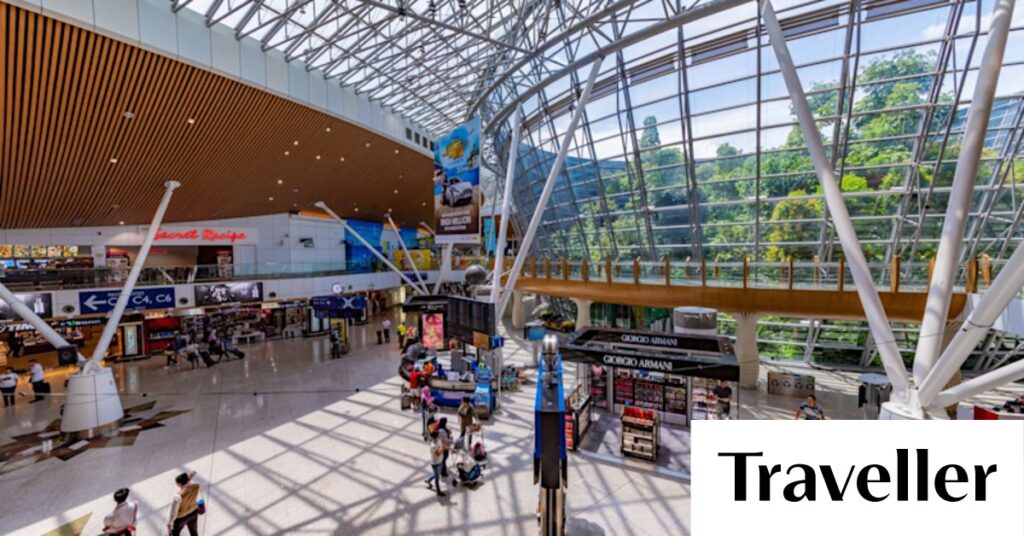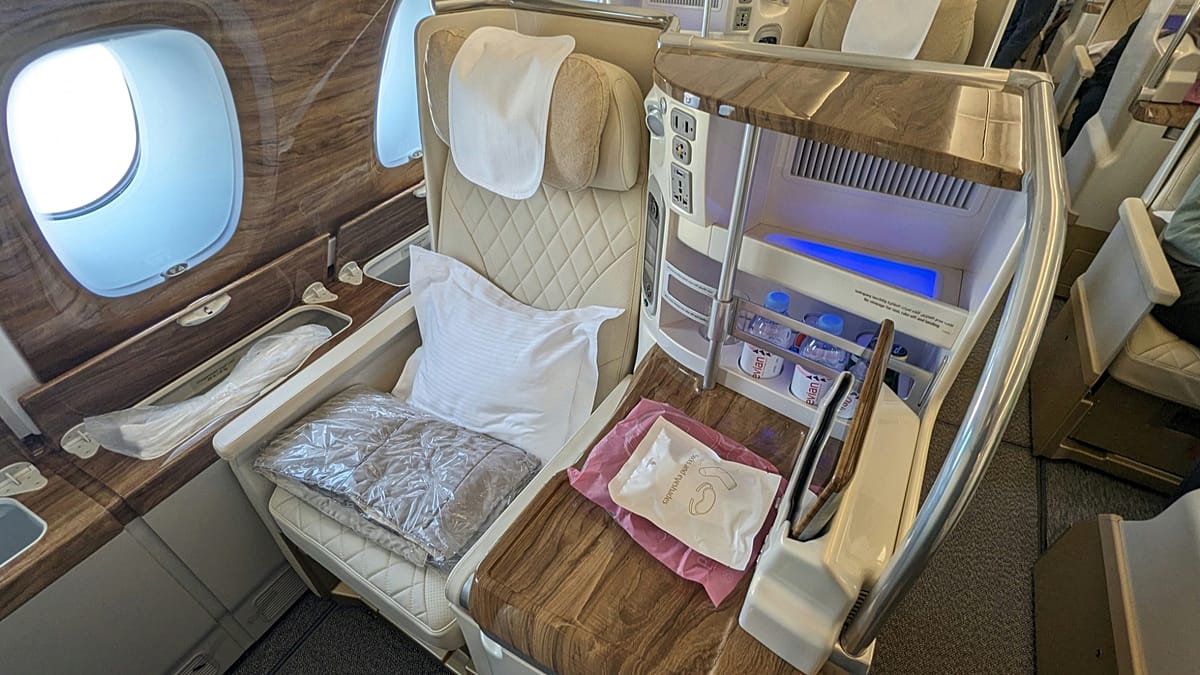
Returning home after an overseas trip should be a moment of relief and joy, but for some travelers arriving in Australia, the experience has been anything but welcoming. Recent reports from passengers highlight concerns over the airport’s arrival procedures, particularly the use of trained dogs for random checks, which have left some feeling anxious and intimidated.
One traveler, who preferred to remain anonymous, described their experience as unsettling. Despite having nothing to declare, they were subjected to a random check involving standing in demarcated lanes while customs officials, accompanied by dogs, inspected luggage. “Instructions were delivered in abrupt, loud voices,” the traveler recounted, “such as ‘stand still, don’t move, don’t touch your luggage’.” The incident raised questions about the psychological impact of such procedures, especially for those with familial ties to traumatic historical events.
Health Risks in Air Travel
Meanwhile, the health risks associated with air travel remain a pressing concern. As international flights resume in the wake of the COVID-19 pandemic, travelers report an uptick in illnesses contracted during flights. Peter Thomson from Brunswick, Victoria, noted that many of his friends returned home with flu, COVID-19, or RSV. “Plane travel has always been renowned as a germ incubator,” he said, emphasizing the need for airlines to enhance safety measures.
The confined space of an aircraft, coupled with the frequent use of shared facilities like toilets, exacerbates the spread of viruses. While some airlines have implemented measures to improve air filtration and cleanliness, the effectiveness of these efforts remains a topic of debate among health experts.
Travel Disruptions and Airline Responses
Travel disruptions continue to plague passengers, with some airlines struggling to manage weather-related delays and cancellations. Sue Donovan from Main Beach, Queensland, shared her frustrating experience with Qantas and American Airlines. A weather event delayed her connecting flight, leading to a cascade of issues, including cancelled tickets and misplaced luggage.
Despite assurances from airline staff, Donovan found herself navigating a series of miscommunications and logistical hurdles. “Without the perseverance of our travel agent at a high level in Qantas, we would never have been able to achieve an acceptable outcome,” she stated. The incident underscores the importance of effective communication and customer service in resolving travel disruptions.
Positive Airline Experiences
Not all airline experiences have been negative. Some travelers have praised budget airlines like Jetstar for exceeding expectations. Peter Michael from Melbourne recounted how Jetstar promptly addressed a luggage mishap upon his return from Bali. “Great communication and genuinely impressive service from Jetstar,” he remarked, highlighting the airline’s proactive approach to customer service.
Similarly, Julie Lynch from Oyster Bay, NSW, shared a heartwarming experience on a Jetstar flight to Uluru, where the cabin crew’s patience and understanding left a lasting impression. These positive stories serve as a reminder that even budget airlines can deliver exceptional service.
Travel Tips and Recommendations
As travelers navigate the complexities of international travel, many are eager to share tips and recommendations. Ashley Berry from Toolijooa, NSW, nominated Kuala Lumpur as Asia’s foodie capital, praising its diverse culinary offerings and affordable prices. Meanwhile, Roxanne Le Blanc from Croydon, Vic, extolled the charms of Queensland’s Overlanders Way, where visitors can enjoy country hospitality and stunning natural beauty.
For those planning trips to Japan, Philip Smith from Waterloo, NSW, recommended using the airport limousine bus service for affordable and convenient transportation around Tokyo. These insights reflect the diverse experiences and preferences of travelers worldwide.
As the travel industry continues to adapt to new challenges, the experiences and feedback of passengers will play a crucial role in shaping future policies and practices. Whether addressing security procedures, health risks, or customer service, airlines and airports must prioritize the well-being and satisfaction of their passengers.




